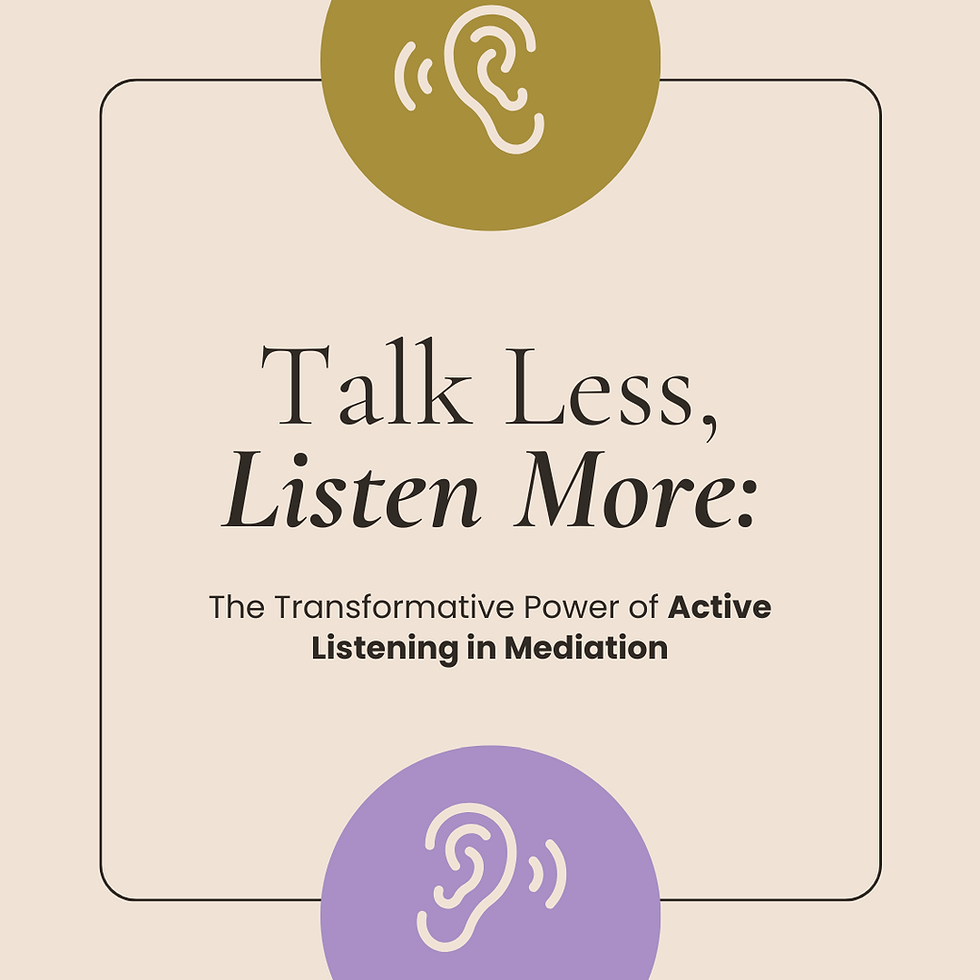Exclusive possession of the family home
- Jana de Waal

- Jan 23, 2025
- 2 min read
Updated: Apr 14, 2025
When a couple separates, it may be necessary for one party to apply to the Court for exclusive possession of the family home. This is often the case in situations where both parties remain living in the family home after separation but the parties are unable to continue to do so amicably.
In Alberta, section 19 and section 20 of the Family Property Act deals with exclusive possession of family property. Here the Court may order that one party be given exclusive possession of the family home, direct that one party be evicted from the family home, or restrain a party from entering or attending at the family home.
At Stokes Law, we understand the factors that the Court will consider when determining whether to grant an exclusive possession order. The Court typically applies a legal test that considers the following:
Availability of Alternative Accommodation: The court will assess whether there are suitable alternative housing options available to both parties. If alternative accommodation is readily accessible to the other party, the court may be more inclined to grant exclusive possession to the applicant.
Best Interests of the Children: The Court in Alberta prioritizes the best interests of any children involved. The Court will assess how granting exclusive possession to one party might impact the children's well-being, including their stability, continuity, and access to necessary amenities and services.
Financial Means: The Court will examine the financial means of each party If one party has the financial resources to secure alternative accommodation, while the other does not, this may influence the decision regarding exclusive possession.
Previous Court Orders: The Court will also consider previous orders regarding property division or support for one or both of the parties.
Lastly, one of the primary objectives set out in the Divorce Act is to reduce family violence.This is also an important factor for the Court to consider, in addition to those enunciated at section 20 of the Family Property Act. Evidence regarding any history of family violence, including physical, emotional, or psychological abuse, will be carefully considered by the court. If there's evidence of abuse, the court may be more inclined to grant exclusive possession to the victimized party for their safety and well-being.
Overall, the court's primary objective in applying the legal test for exclusive possession is to achieve a fair and equitable outcome while prioritizing the safety and well-being of any children and victims of family violence. It's essential to seek guidance from a qualified legal professional familiar with Alberta's family law to navigate these matters effectively.




Comments